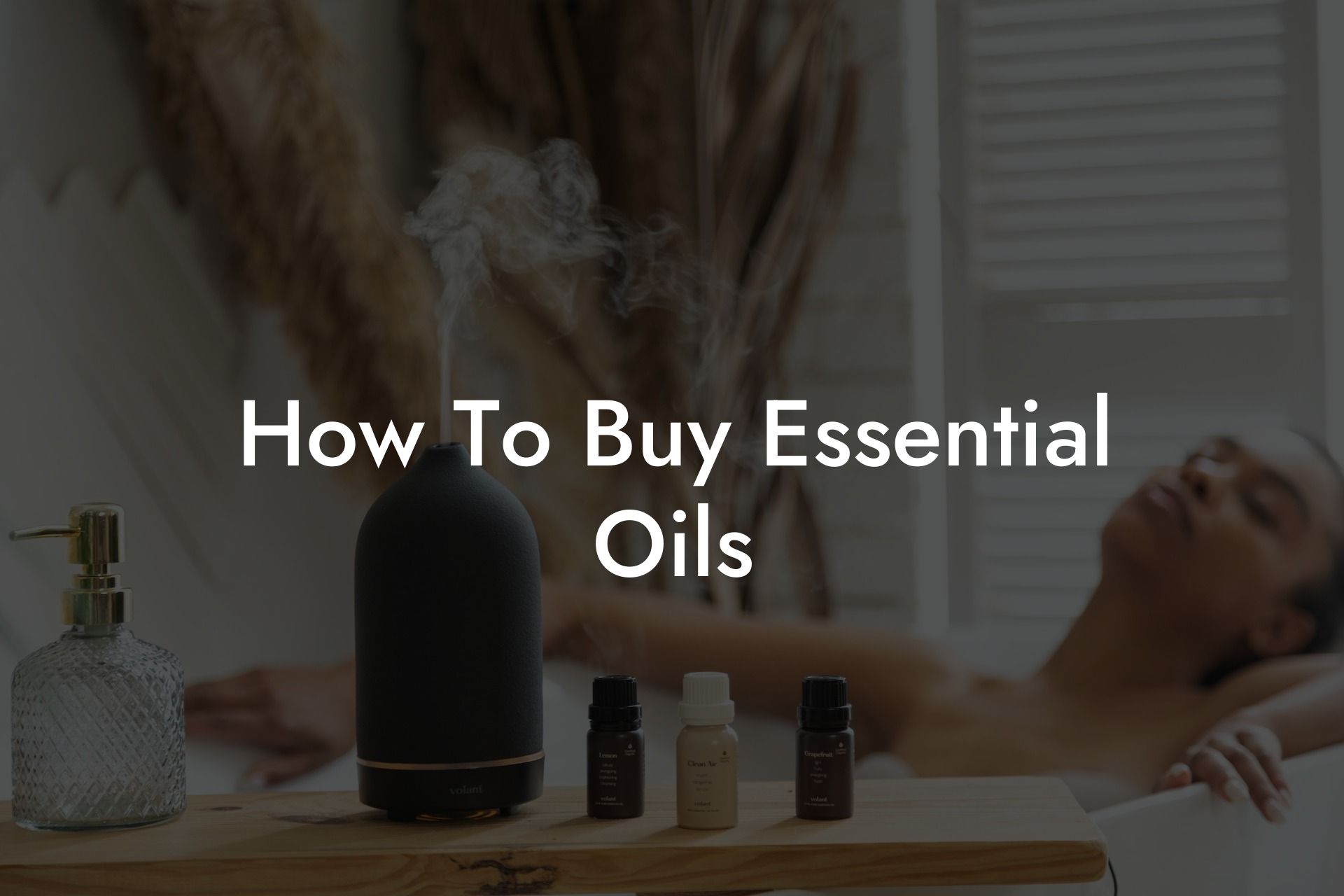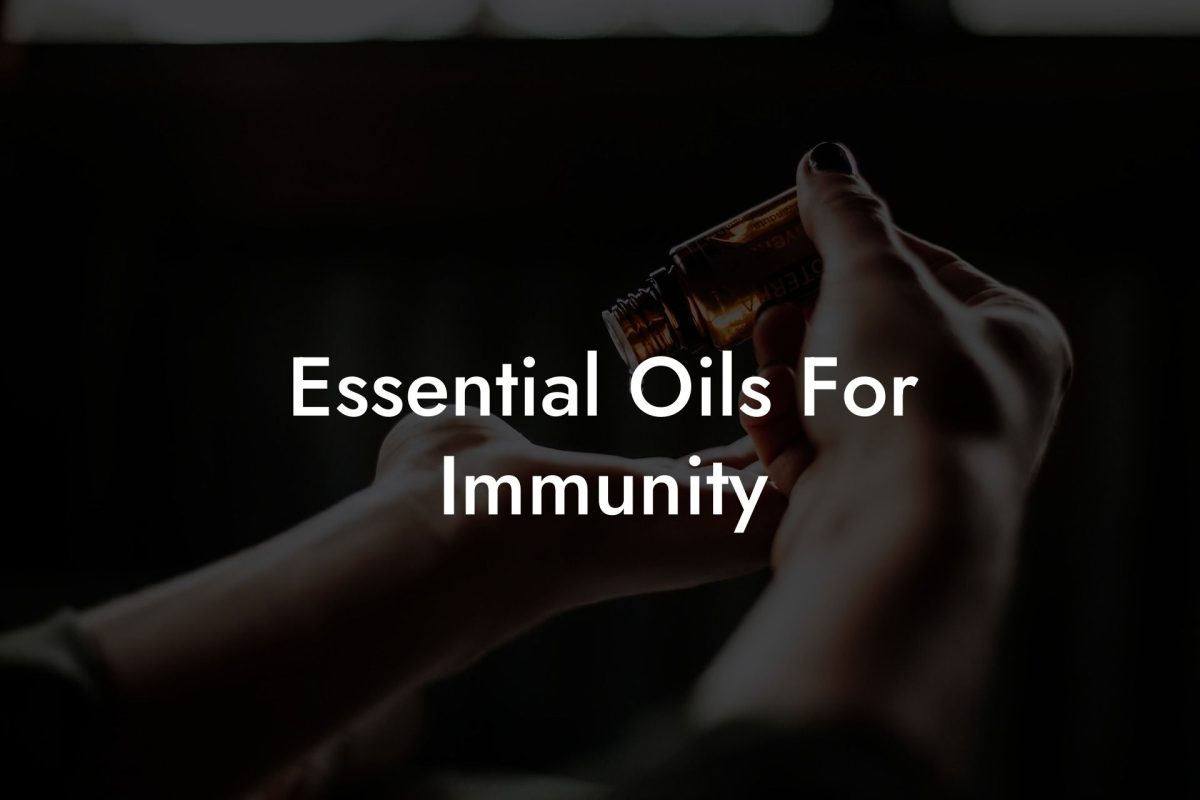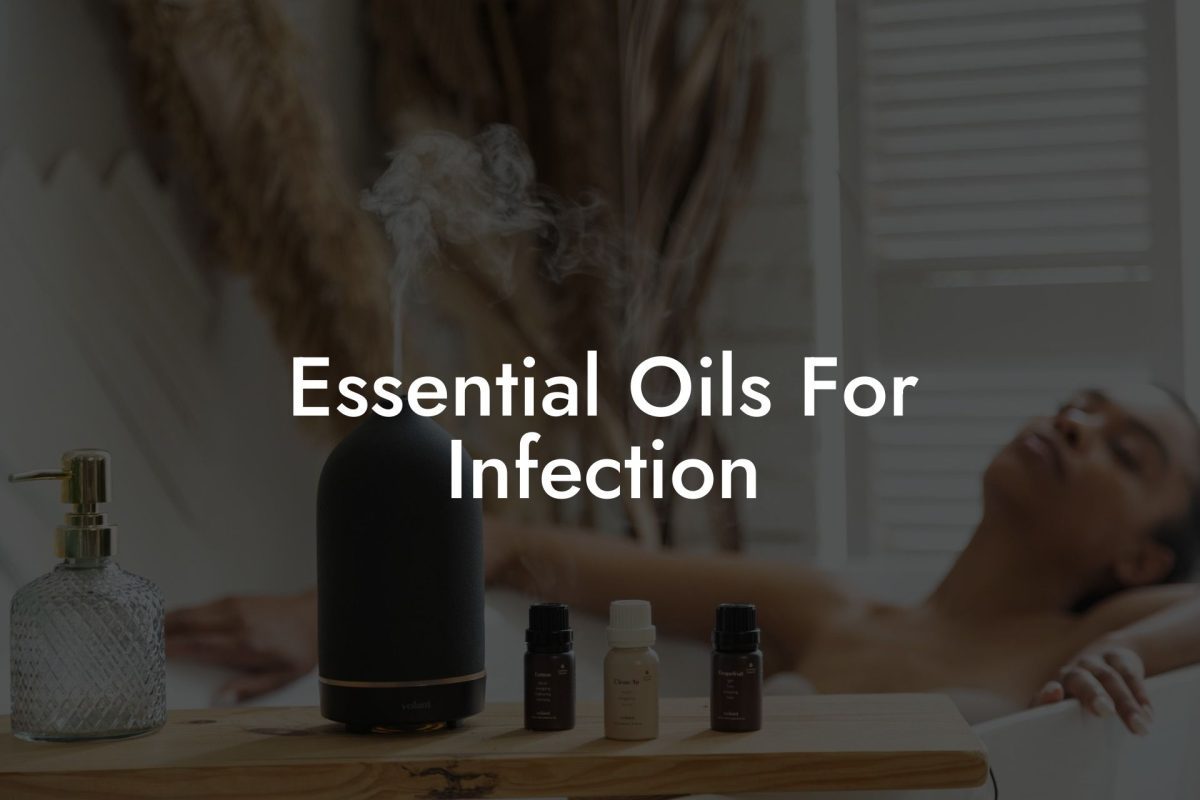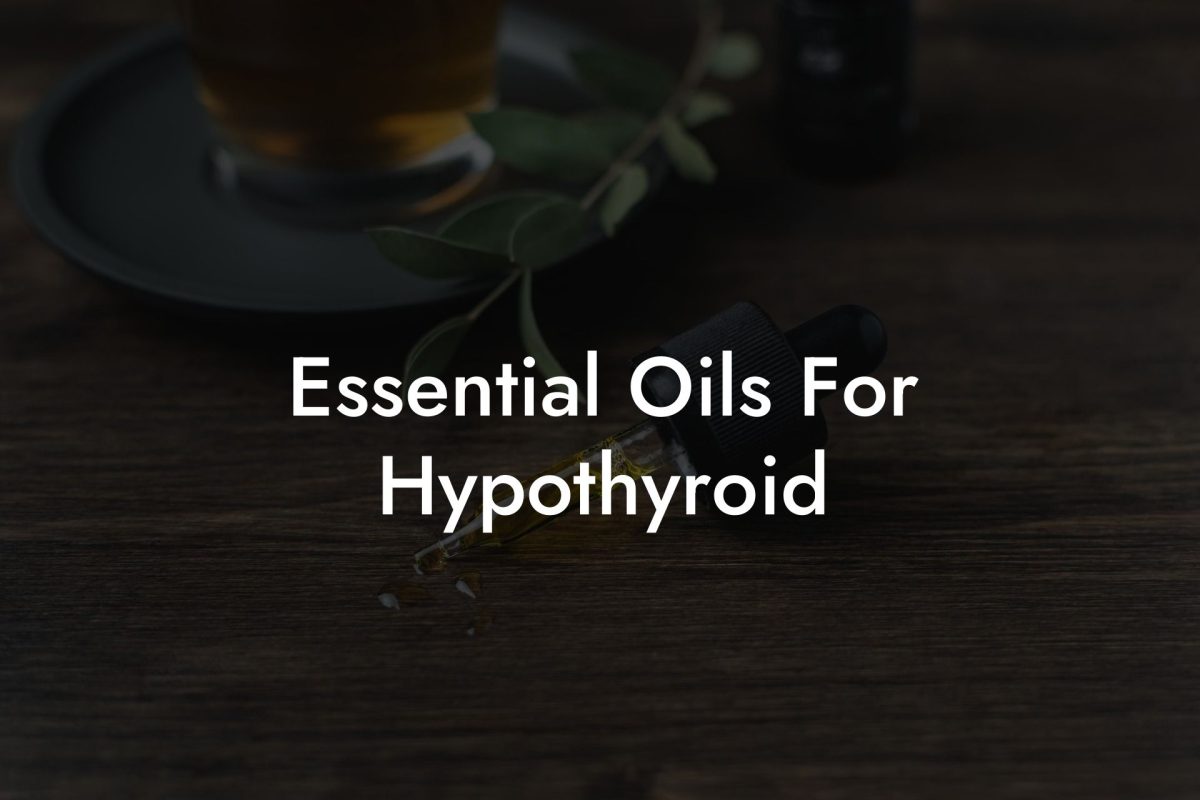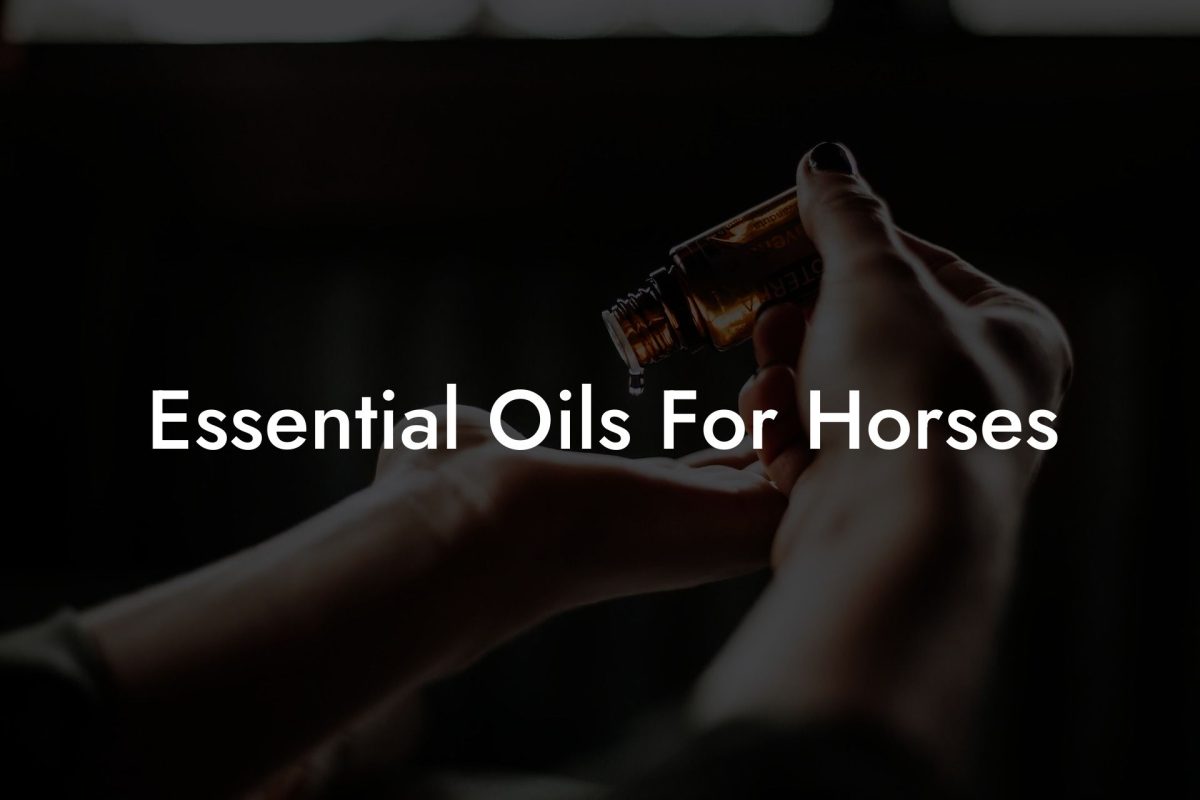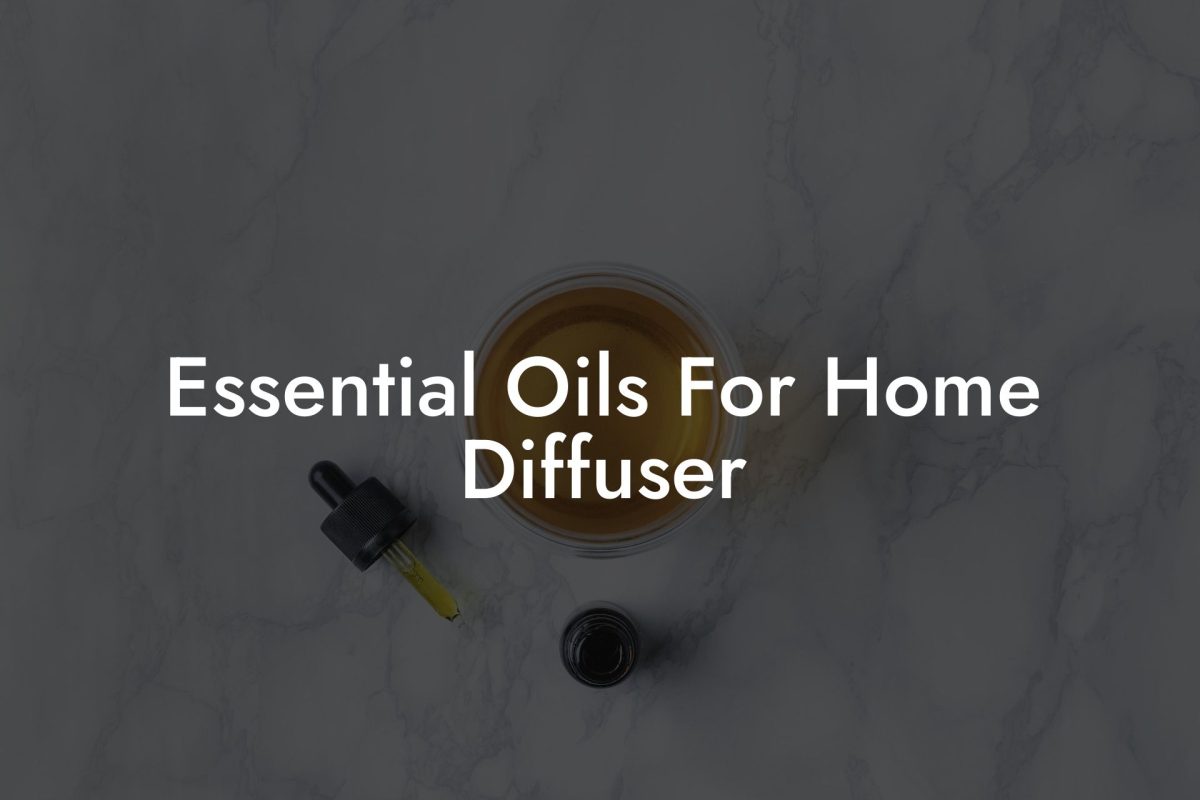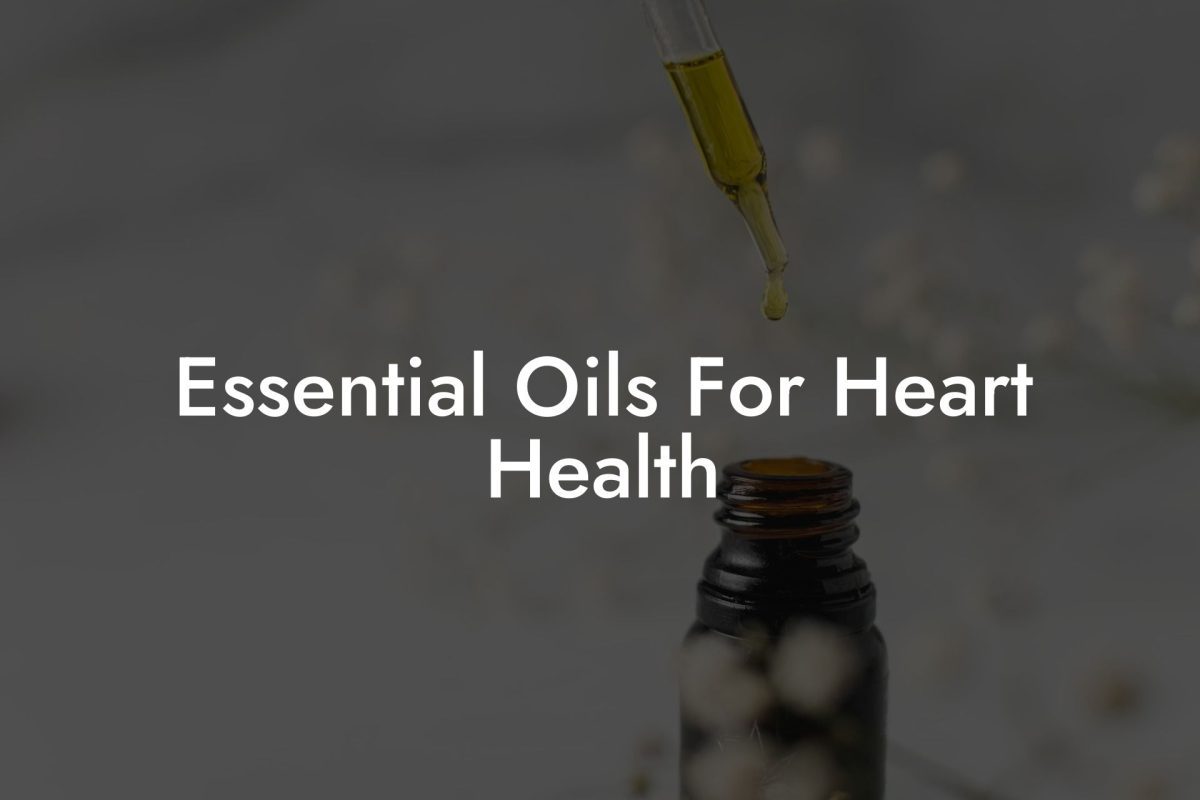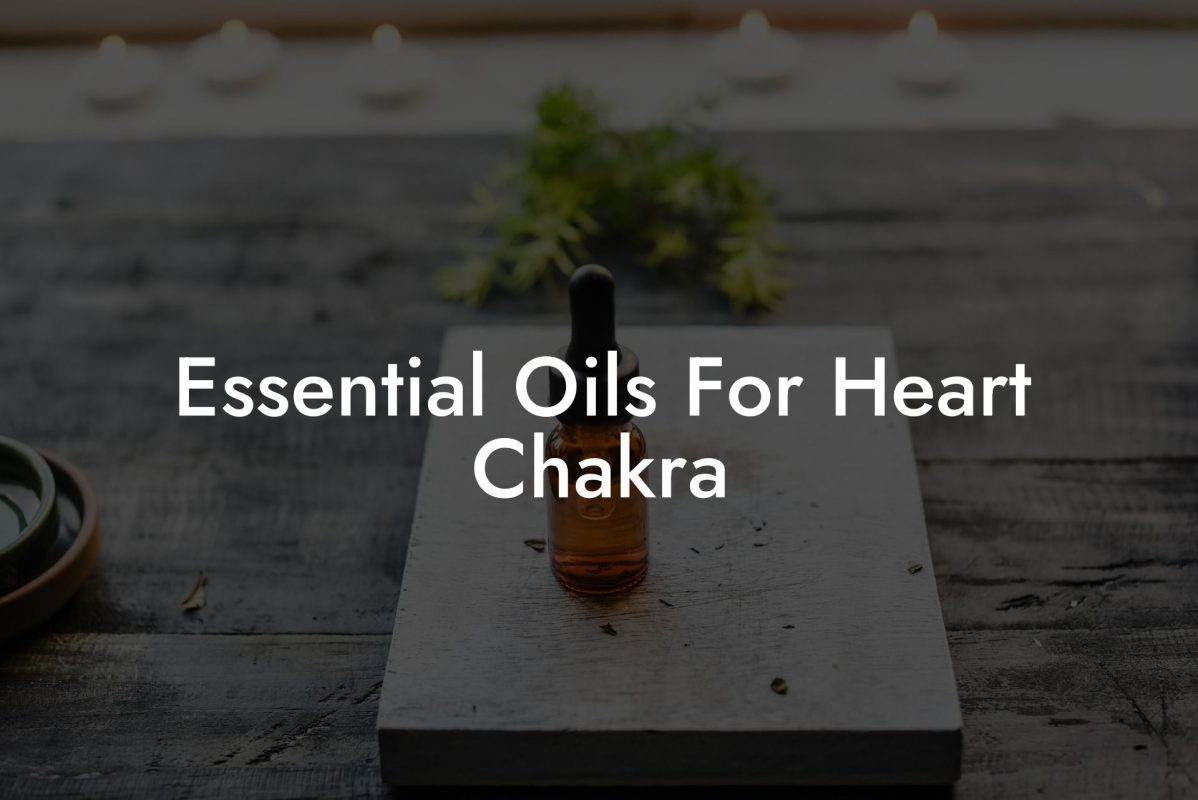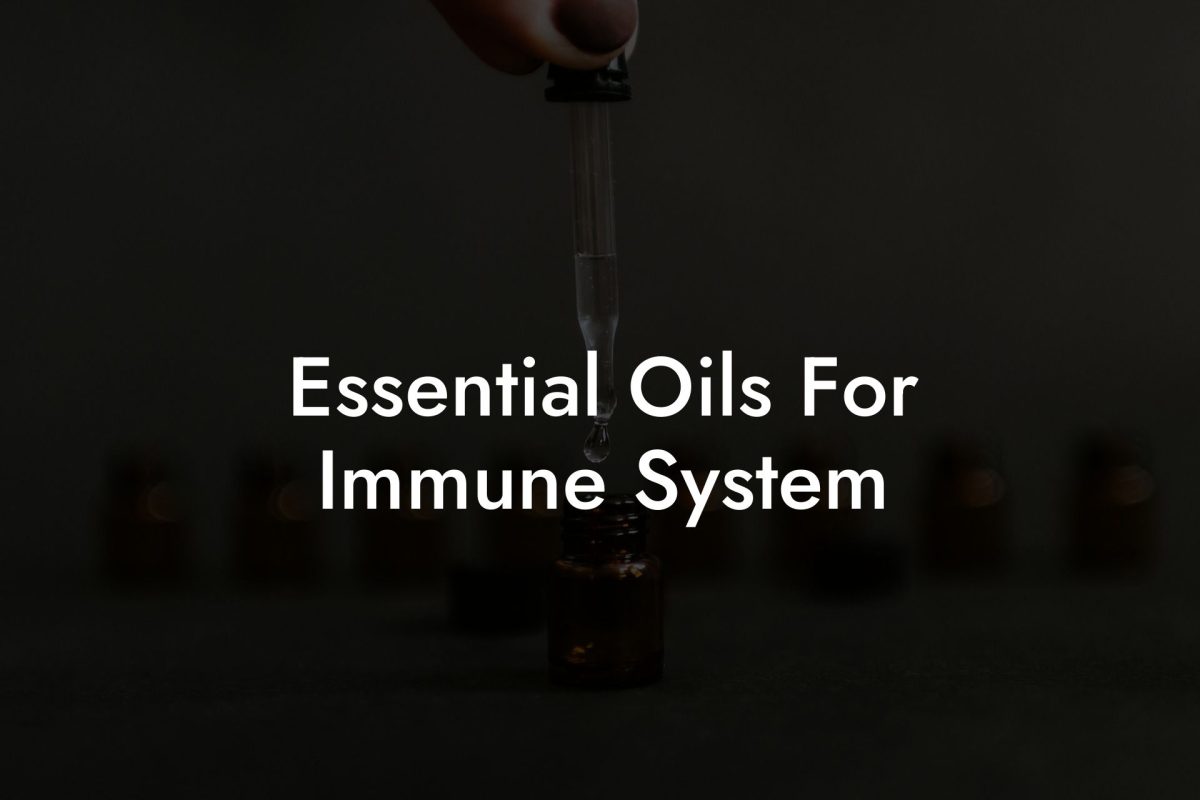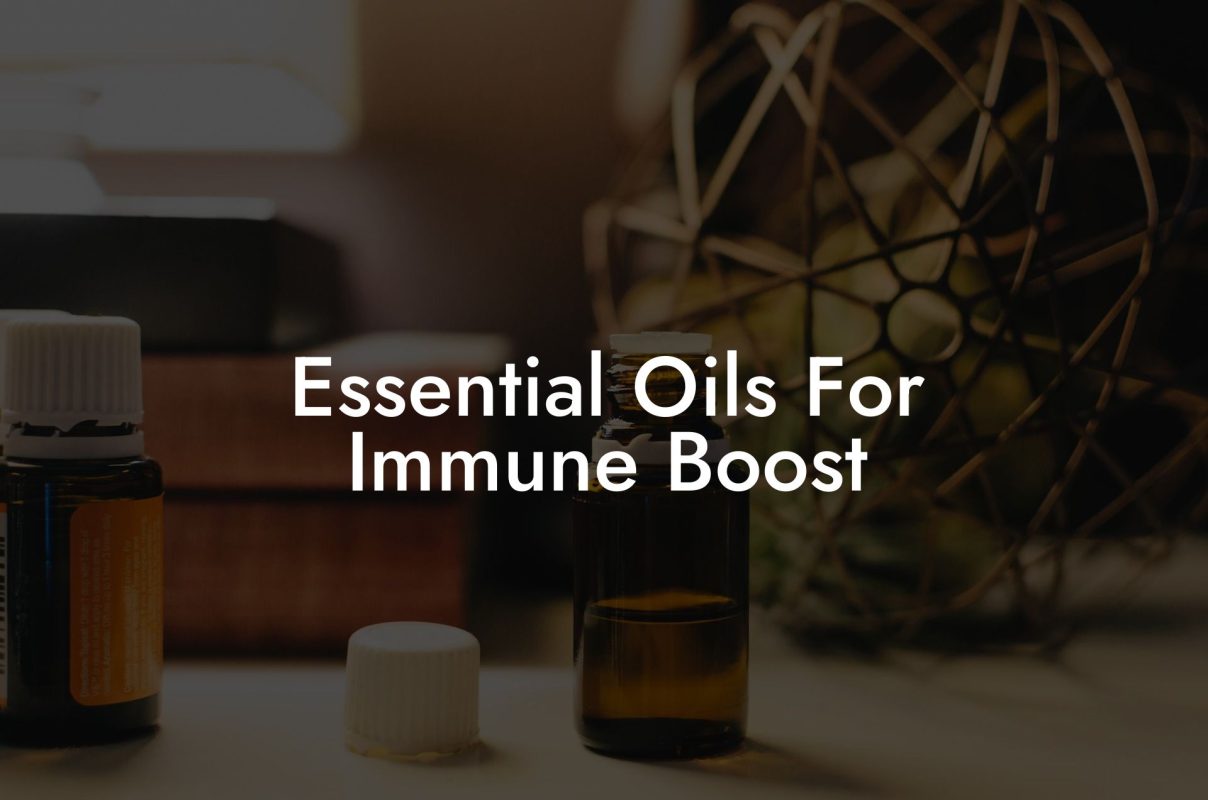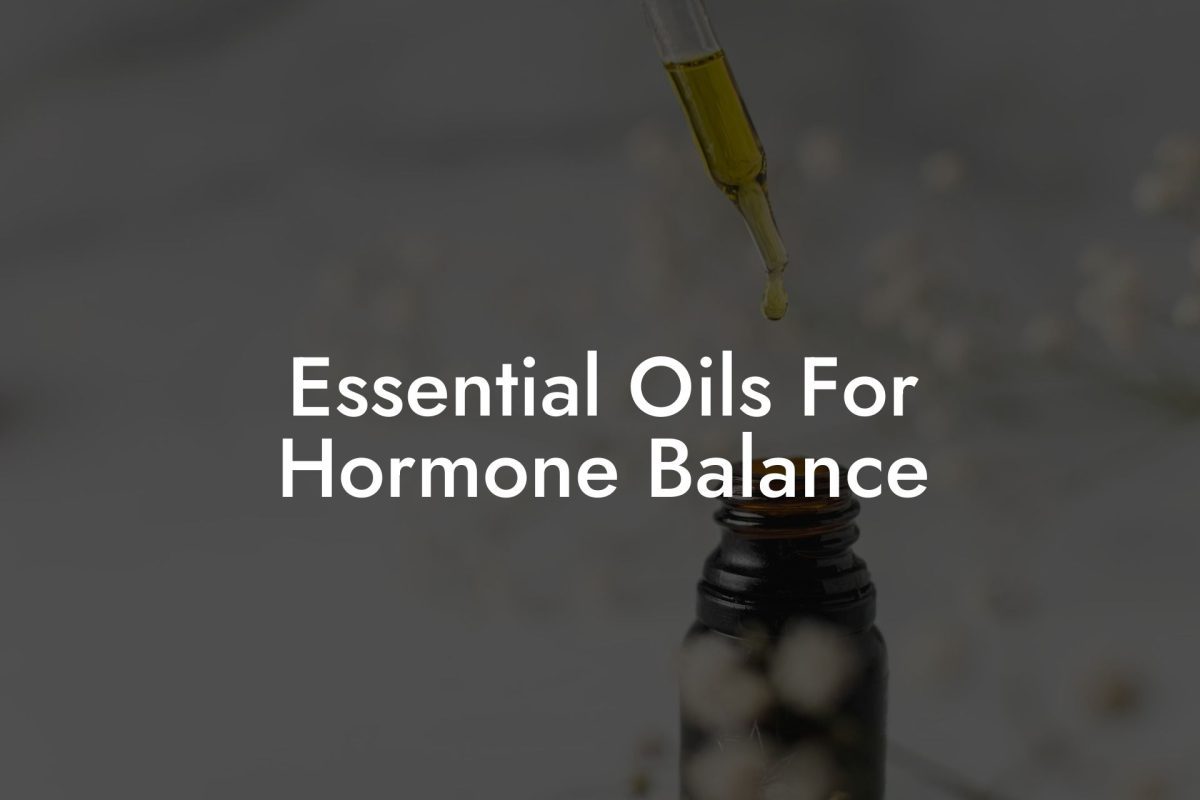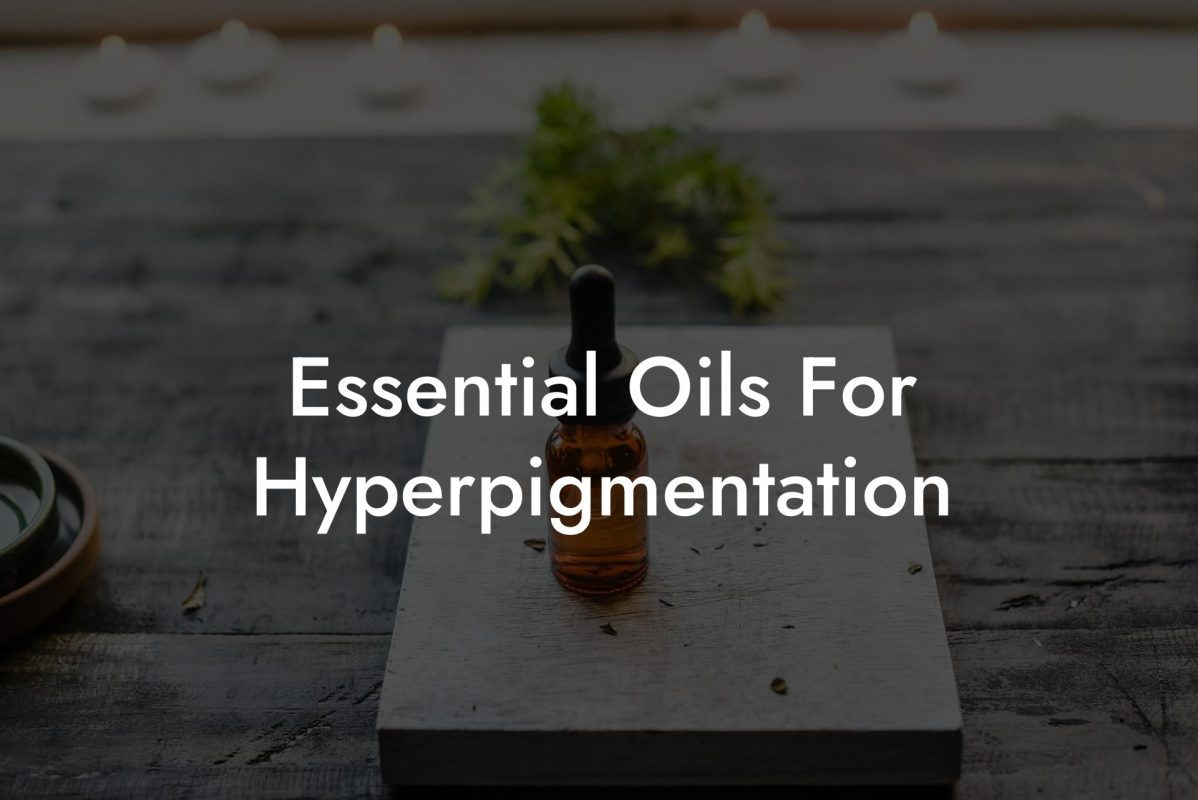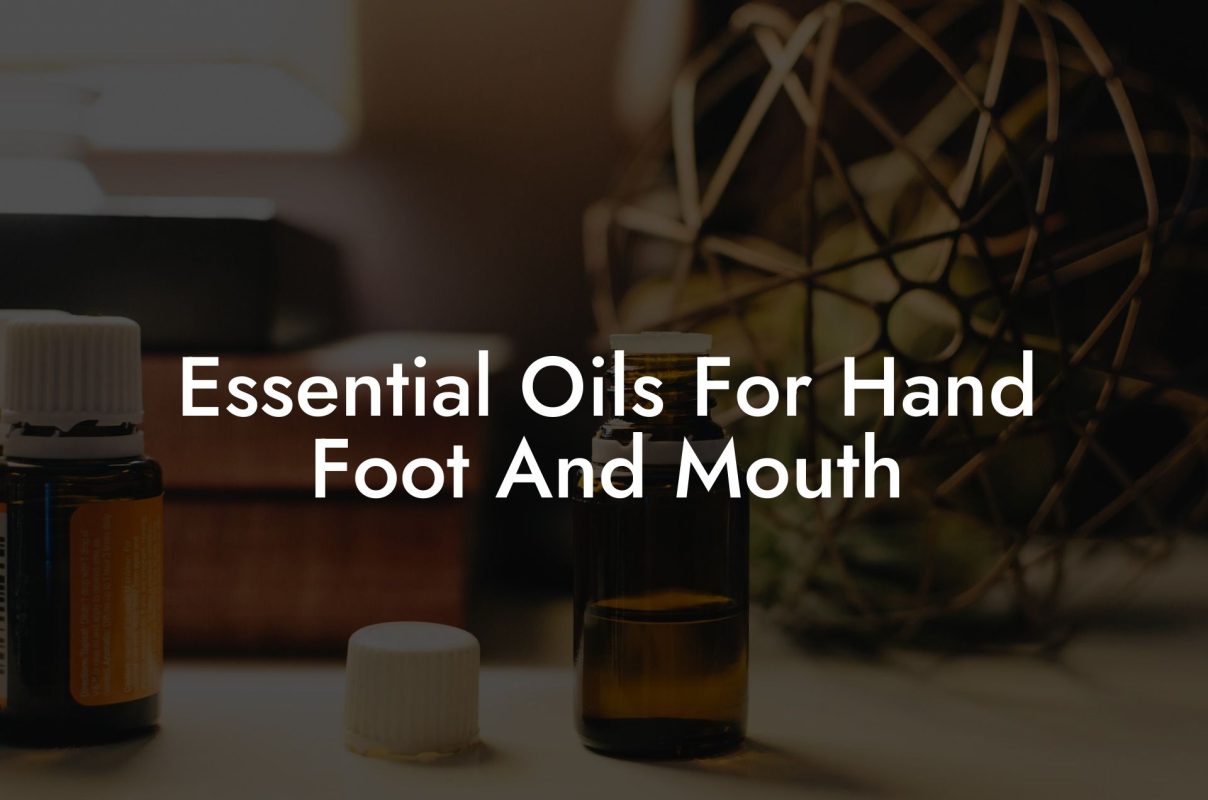Have you ever found yourself overwhelmed with the countless essential oil brands and options available in the market? Choosing the right essential oil for you can be a daunting task. Don’t worry, we’re here to make that decision easier for you! In this article, we will guide you on how to buy essential oils by identifying the key factors to consider and shedding light on essential oil quality standards.
Table of Contents
- Understanding Essential Oil Quality Standards
- Source and Origin of the Plant
- Extraction Methods
- Purity and Adulteration
- Storage and Packaging
- Is the Price Too Good to Be True?
- Does the Company Have a Good Reputation?
- Can You Access Lab Reports or GC/MS Testing Results?
- Important Questions to Ask When Buying Essential Oils:
Understanding Essential Oil Quality Standards
Essential oil quality can vary significantly, and understanding the quality standards requires a bit of research. There are no universally recognized quality standards for essential oils, but some organizations have developed guidelines to help consumers identify high-quality products. Some of the factors that determine the quality of an essential oil include:
Source and Origin of the Plant
An essential oil’s quality starts with the plant itself. It’s important to look for essential oils derived from plants grown in their native environment, using environmentally friendly and sustainable methods. The plant’s growing conditions, from soil type to air and water quality, can all affect the oil’s properties.
Extraction Methods
Some essential oil extraction methods, such as cold-pressing or steam distillation, preserve the chemical composition of the oil and yield a high-quality product. However, other methods, like solvent extraction, may alter the oil’s properties and lead to lower-quality results.
Purity and Adulteration
Pure essential oils should be free from any synthetic additives or cheap filler oils. Unfortunately, some manufacturers dilute essential oils to lower production costs, compromising their therapeutic properties. Lab tests like Gas Chromatography/Mass Spectrometry (GC/MS) can verify the purity and composition of essential oils.
Storage and Packaging
Essential oils should be stored in dark glass containers to protect them from UV light degradation. Plastic containers can deteriorate over time and may leach chemicals into the oil. Labels should provide information about the plant’s Latin name, extraction method, and country of origin.
Important Questions to Ask When Buying Essential Oils:
When buying essential oils, it’s essential to consider the following questions:
Is the Price Too Good to Be True?
High-quality essential oils often come with a high price tag due to the costs associated with sustainable sourcing, proper extraction, and rigorous testing. If a price seems too good to be true, it’s probably a red flag.
Does the Company Have a Good Reputation?
Conduct some research on the brand and its products before making a purchase. Read reviews, check for any negative press, and analyze the brand’s online presence to ensure they are legitimate and trustworthy.
Can You Access Lab Reports or GC/MS Testing Results?
Reputable essential oil companies provide their customers with access to lab reports or GC/MS testing results. This documentation validates the purity, potency, and quality of the essential oils they offer.
How To Buy Essential Oils Example:
Let’s say you’re interested in buying lavender essential oil for its calming and relaxing properties. Based on the factors discussed above, here’s a quick checklist to help you find a high-quality lavender essential oil:
– Ensure the lavender essential oil is derived from Lavandula angustifolia, grown in its native region (e.g., Bulgaria, France).
– Check that the extraction method used is either cold pressing or steam distillation.
– Look for reputable brands that provide batch-specific GC/MS testing results.
– Avoid essential oils with suspiciously low prices.
– Make sure the essential oil comes in a dark glass container, with a proper label providing key information.
Now that you’re equipped with the knowledge to make informed decisions when buying essential oils, you can enhance your well-being confidently with the right essential oil products. Don’t forget to share this article with friends and family to help them navigate the world of essential oils too—an educated consumer community ensures that high-quality, ethical products become the standard in the industry. Explore our other guides on Oshu Oils to learn more about essential oils, aromacology, and the Oshu Oils range of artisan essential earth oils.

